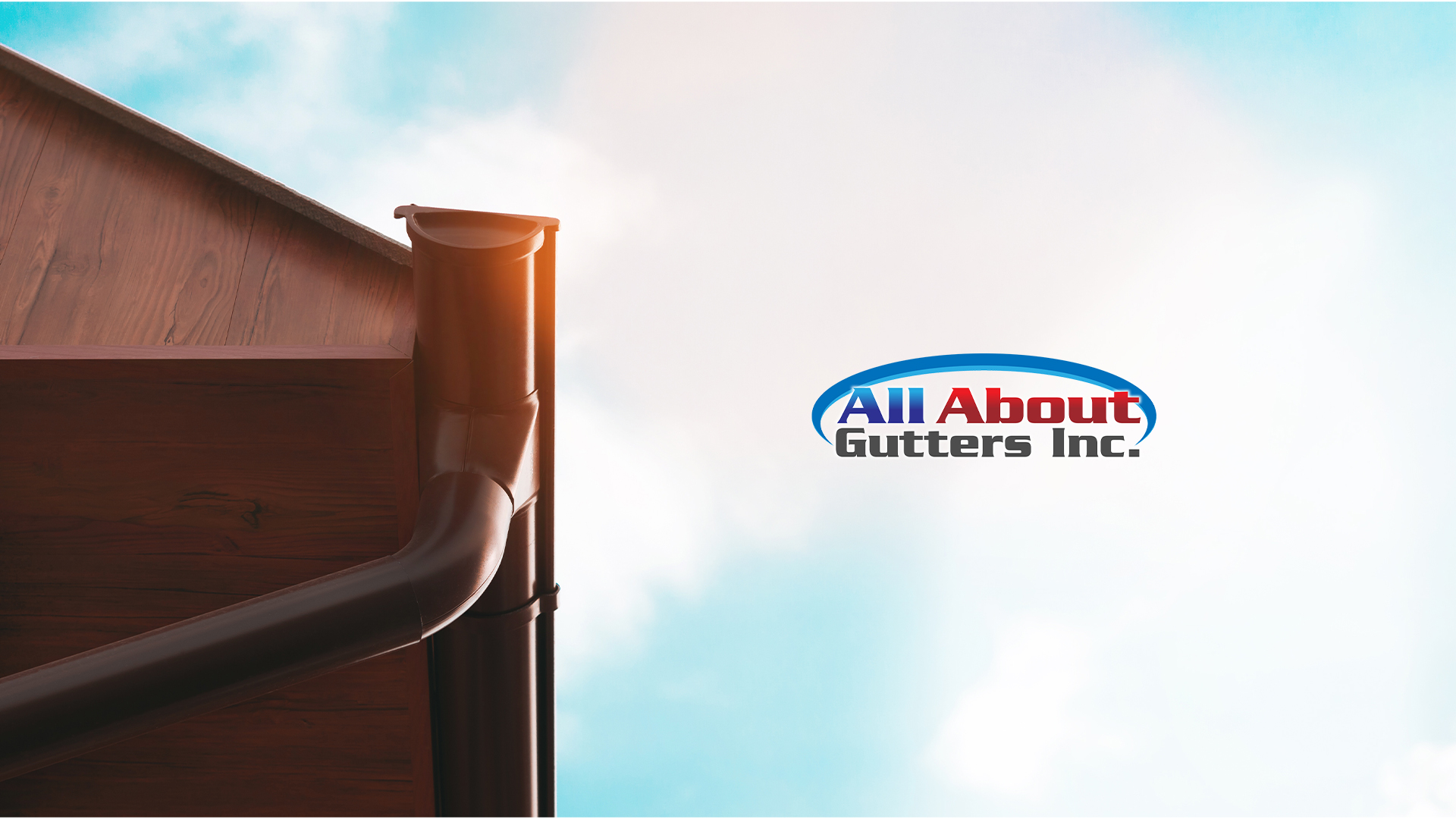Types Of Fixings Used In Storm Drainage Systems
When it comes to channeling and evacuating wastewater and rainwater outside the different buildings, there are different points to take into account to achieve a practical and efficient system. And, of course, the type of bindings is one of them.
In terms of effectiveness and durability, we highlight the
main aspects to take into account in relation to this type of fixing, such as
its components and materials that can be used in the installation or repair of
gutters in order to obtain the best adaptability. Remember that from the
hand of an expert in gutter installation you will always find the best
solutions and maximum professionalism.
Rainwater channeling systems
Rainwater channeling systems are responsible for the
evacuation of rainwater so that moisture does not arise inside and outside the
house. In this way, internal leaks and deterioration of the components are
avoided. In this aspect you must take into account the two types of water to be
evacuated that exist:
The residuals . They are those that are found in the
different sanitary devices and electrical appliances .
The rainy . This is the water from the rain , whose
channeling is done from the roofs, terraces, decks or patios.
Types of Fastenings
A very important point is the choice of the material to be
used in the different types of fixings. Using the right material, you will get
a resistant piece of equipment that is adapted to the demands of the assembly
for which it is intended, in this case for rainwater drainage systems.
We can highlight the following types
of fixings:
Metallic fixing. Washers and clamps are primarily used in
storm drain installations to hold the pipe to the surface it rests on. They
have corrosion protection. There are several types: aluminum, PVC, and plastic.
Most of the gutter fastenings are made of this material by hooking them to the
tile.
PVC fixing. This type of material is usually used in pipes
and fixings for drinking water networks, the evacuation of rainwater,
wastewater and drainage. They are also often found in washers and clamps.
Plastic fixing. The types of plastic fixing are usually
universal plugs perfect for use in concrete, perforated brick, hollow blocks
and bricks of all kinds (lime-lime, ceramic, solid silicon, etc.). The good
thing about the plugs is that they can be used in countless occasions and
applications, such as in rainwater systems. An installation expert will be able
to advise you which one you need and the one that best suits your needs.
Chemical fixation. It is one of the most specific lashing
elements since they do not have as many applications as plastic or metal ones.
This is due to the composition of their materials, and most of them usually
have chemical compounds such as resins and glues that facilitate the union of
the pieces that you want to put together. These resins are ideal for industrial
metal fixing and can be used in many anchors in all types of works.
Fixation of biophonic bases . They are used in installations
of all types of rainwater to hold the pipe to the surface on which it rests.
They are equipped with an elastomer protection that isolates it from the tube
to avoid contact with supposed erratic currents. The base allows several tubes
to be installed in parallel.
Main components used in storm
drainage systems
When we talk about rainwater channeling systems,
specifically about the installation of pipes, we can mainly differentiate three
components:
Collectors. These are the pipes that are fixed from the
ceiling or are buried in the house.
Referrals. They are the pipes responsible for collecting the
wastewater from the different sanitary devices and electrical appliances, in
addition to the rainwater that comes from the gutter system.
Downspouts. They are the pipes placed vertically,
responsible for channeling the water that comes from the different derivations,
gutters, and drains to collect all the waste and rainwater.




Comments
Post a Comment